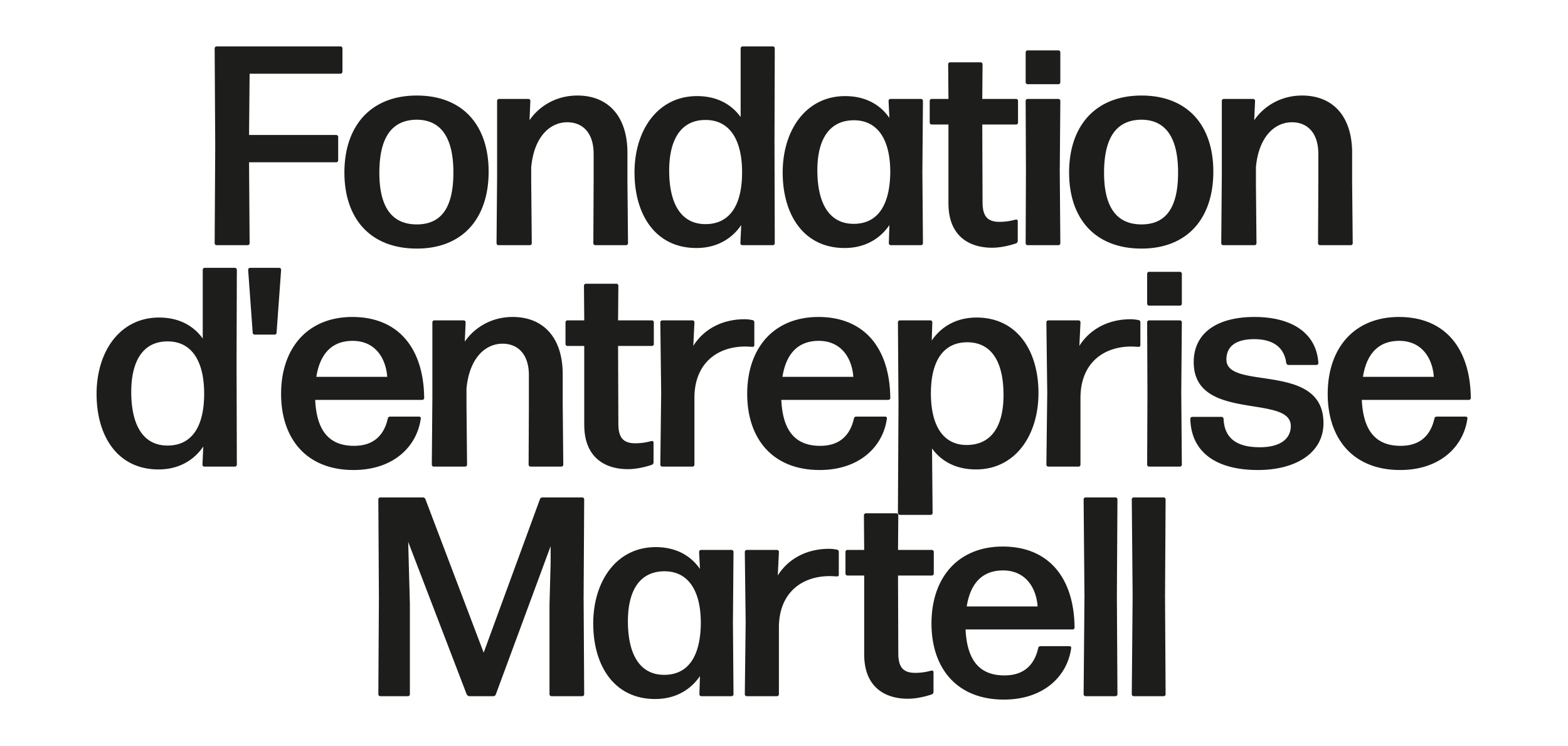Mathilde Pellé - Hollow Path


Photos by Mathilde Pellé
Couteau MB-2, Maison soutraire, 2021
Coupelle
MATHILDE PELLÉ
CHEMIN CREUX - HOLLOW PATH
June 8 - December 29, 2024
The Fondation d’Entreprise Martell launches its new exhibition-residency format and invites the designer Mathilde Pellé to share and develop her research approach called «Subtraction». By unfolding various aspects of the work carried out since 2016 – both experimental, critical, formal, and theoretical – the exhibition encourages a careful examination of objects proposed by our societies and the forms that can emerge through subtraction. Pellé continues the inexhaustible question that guides her creations, her thinking, and her relationship to design: «Why is there something rather than less?»
For the exhibition «Hollow Path», she experiments with the ruin of domestic environments by subtraction and imposes a protocol by which she removes material from everyday objects by scraping and stripping them, thus creating new objects from the void.
Drawing on aspects of her work, she shares her insights into a direction that is completely disregarded in favour of more, addition, and growth: that of less. Her approach leads her to study the barriers (political, social, psychological, etc.) that limit our ability to choose less and/or accept it. Why is adding more, in most cases, the predominant choice? What are the logics at work that lead us globally to choose more, how did they emerge, and why?
Since the limits linked to material production must be recognised and accepted globally in these times marked by ecological urgency, should we not at the same time open up a non-limiting exploration of less, of the little, of the smallest?
If it is approached as a direction to be probed, the less allows us to reconsider our material environments and authorises a critique of the dominant models that are curiously both producers of exhaustion and saturation.
Why are the abilities of artists and designers to read and analyse the world of forms (surrounding and/or produced) essential to the reformulation of a common equilibrium? In what ways can these non-academic approaches be the vectors or supports of profound transformations? It is these «hollow paths», without certain answers, that Mathilde Pellé explores.

